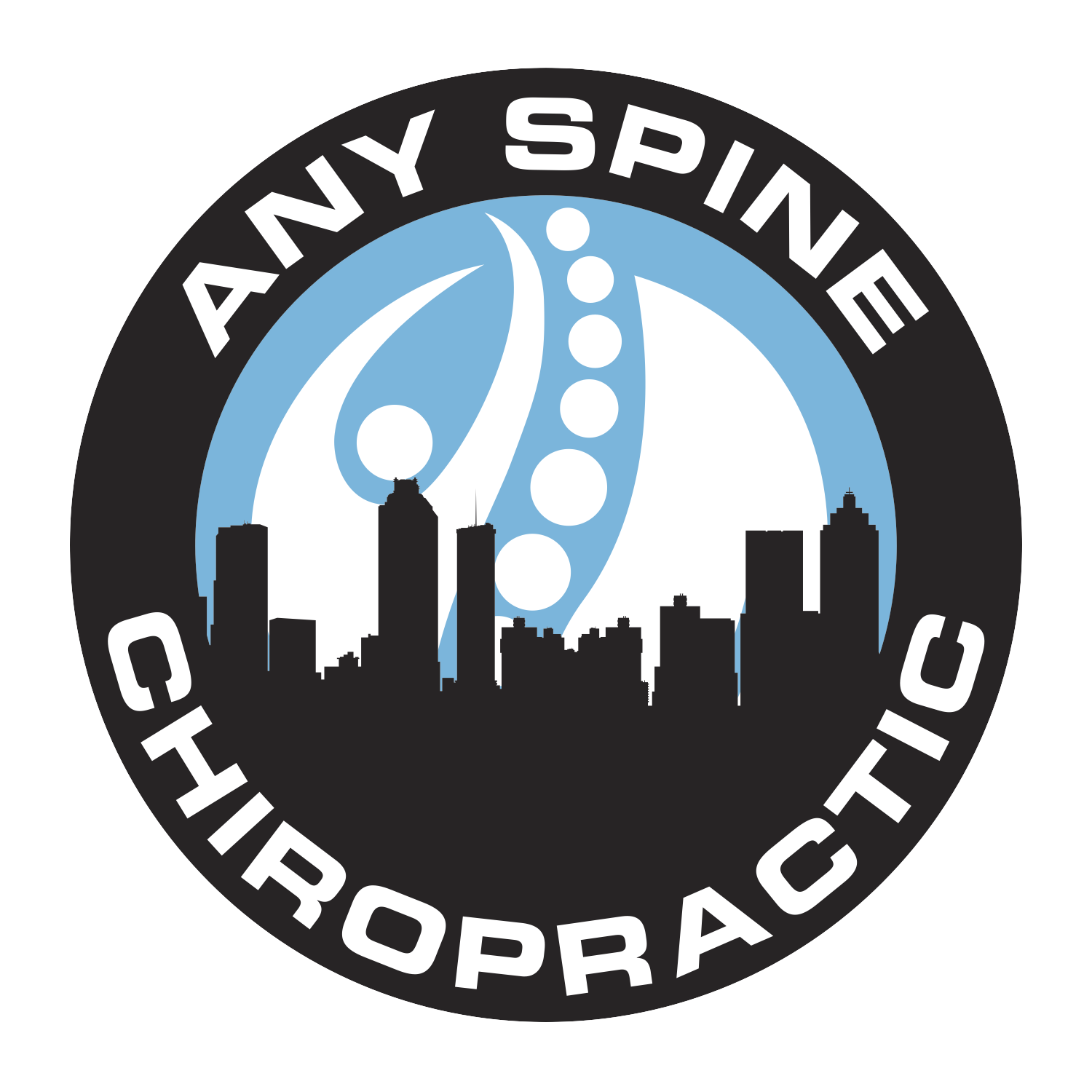The Amazing Journey of Food: From Bite to Bathroom
TL;DR
Food takes an incredible journey through your body, from the first bite to the bathroom. This article explores the digestive process, the truth about probiotics and gut health, the essential role of fiber, and the negative impacts of highly processed foods on your digestive system.
The Amazing Journey of Food: From Bite to Bathroom
Have you ever wondered what happens to your food after you swallow it? The journey of food through your digestive system is a fascinating and complex process that plays a crucial role in your overall health. Let’s dive into this incredible journey and uncover some fun facts along the way.
The Digestive Process: A Journey Begins
1. Mouth: Digestion starts the moment you take a bite. Your teeth break down food into smaller pieces while your saliva mixes in to begin the digestion of carbohydrates.
2. Esophagus: The chewed food, now called a bolus, travels down the esophagus through a series of muscle contractions called peristalsis.
3. Stomach: In the stomach, gastric juices mix with the food to break down proteins and kill harmful bacteria. The food turns into a semi-liquid substance called chyme.
4. Small Intestine: Most digestion and nutrient absorption occur here. Enzymes from the pancreas and bile from the liver help break down food further, allowing nutrients to be absorbed into the bloodstream.
5. Large Intestine: Water and minerals are absorbed, and the remaining waste is formed into stool.
6. Rectum and Anus: Finally, the waste is expelled from the body.
The Truth About Probiotics and Gut Health
Probiotics are live microorganisms that provide health benefits when consumed. They are often called “good” or “friendly” bacteria because they help maintain a healthy balance in your gut. Here are some fun facts about probiotics:
• Probiotics can be found in foods like yogurt, kefir, sauerkraut, and kimchi.
• They help boost your immune system, improve digestion, and even enhance mood.
• Not all probiotics are the same. Different strains offer different benefits.
The Role of Fiber in Digestion
Fiber is a crucial component of a healthy diet, significantly maintaining your digestive system. There are two types of fiber:
• Soluble Fiber: Dissolves in water and forms a gel-like substance, helping to lower blood cholesterol and glucose levels. It is found in oats, peas, beans, apples, and citrus fruits.
• Insoluble Fiber: Adds bulk to the stool and helps food pass quickly through the stomach and intestines. Found in whole grains, nuts, beans, and vegetables.
Fiber helps prevent constipation, reduces the risk of digestive disorders, and promotes a feeling of fullness, aiding in weight management.
The Negative Effects of Highly Processed Foods
Highly processed foods are often convenient and tasty, but they can harm your digestive system. Here’s why:
• Low in Nutrients: These foods often lack essential nutrients like vitamins, minerals, and fiber.
• High in Sugar and Fat: Excessive sugar and unhealthy fats can lead to weight gain and increased risk of chronic diseases.
• Additives and Preservatives: Artificial ingredients can disrupt the balance of bacteria in your gut, leading to digestive issues.
Fun Facts:
• Did you know? The small intestine is about 20 feet long, which is roughly the length of a small car!
• Fun Fact: Your stomach growls when you’re hungry because your brain signals your digestive muscles to start contracting, even if there’s no food to digest.
Understanding the journey of food through your digestive system can help you make healthier choices. By incorporating probiotics, consuming enough fiber, and avoiding highly processed foods, you can maintain a healthy and happy digestive system.
For more tips on maintaining your digestive health, or if you have any questions, feel free to reach out to us at Any Spine Chiropractic & Massage Studio!





